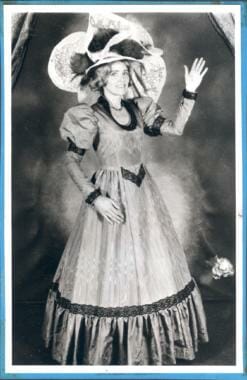
Juneau is dwarfed by the cruise industry. In 2019, cruise ship passengers outnumbered locals 35 to 1.
The cruise ship docks and the few blocks of downtown right next to them come to life during the summer — we call it “the season” meaning the cruise season. But it’s more predictable than summer around here. And a lot longer — from late April until early October.
Most of this part of downtown looks like a tourist town with T-shirt shops, jewelry stores, a fudge shop and an old-timey bar called the Red Dog Saloon with squeaky swinging doors.
A lot of people call it the Disney part of town. Because it feels, frankly, fake.
But right in the middle of all of the gold rush facade is something that looks out of place: a concrete parking structure several stories tall.
And that’s where our story begins. Because it’s where a legal battle took place over old and new ideas about what the city should look like — for cruise ship passengers and the people who live in Juneau.
In the 1980s, a woman who dressed up like a turn-of-the-century dance hall girl sued the City and Borough of Juneau to prevent this parking garage from being built. She was fighting for authenticity and fairness at a time when the definitions of those terms seemed totally up for grabs.
On this episode of Cruise Town, we go back — not to the 1880s when Juneau was founded and steamships started coming north, but to the 1980s — when Juneau made a conscious decision to change its destiny.
KTOO reporter Elizabeth Jenkins will be our guide as we meet two people who were there when an old mining town embraced its history and transformed itself into Cruise Town.
Subscribe to Cruise Town on Apple Podcasts, NPR One or wherever you get your podcasts.
